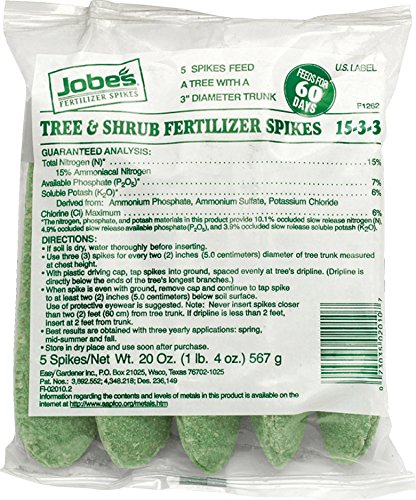Daisies are easy to take care of, the reason why they are popular plants in most gardens. These flowers are known as indestructible because it is not easy for them to die. However, there are still a few things that could kill daisies. Are you wondering why your daisies are turning brown and seem withering? You came to the right post! You will find information below about the possible reasons why your daisies are dying.
Pests could be one of the reasons why your daisies are turning brown, and it is a sign of dying. Pest can cause infection and cause hindrance to plants' growth. Some pests such as whiteflies feed off plants' juices. This kind of pest can cause stunting, wilting, and soon, kill your daisies.
There are other reasons why daisies are dying. Do you want to find out other causes why daisies wither? If you want to know more about them, continue reading through this post for details and helpful tips to keep your plants healthy.
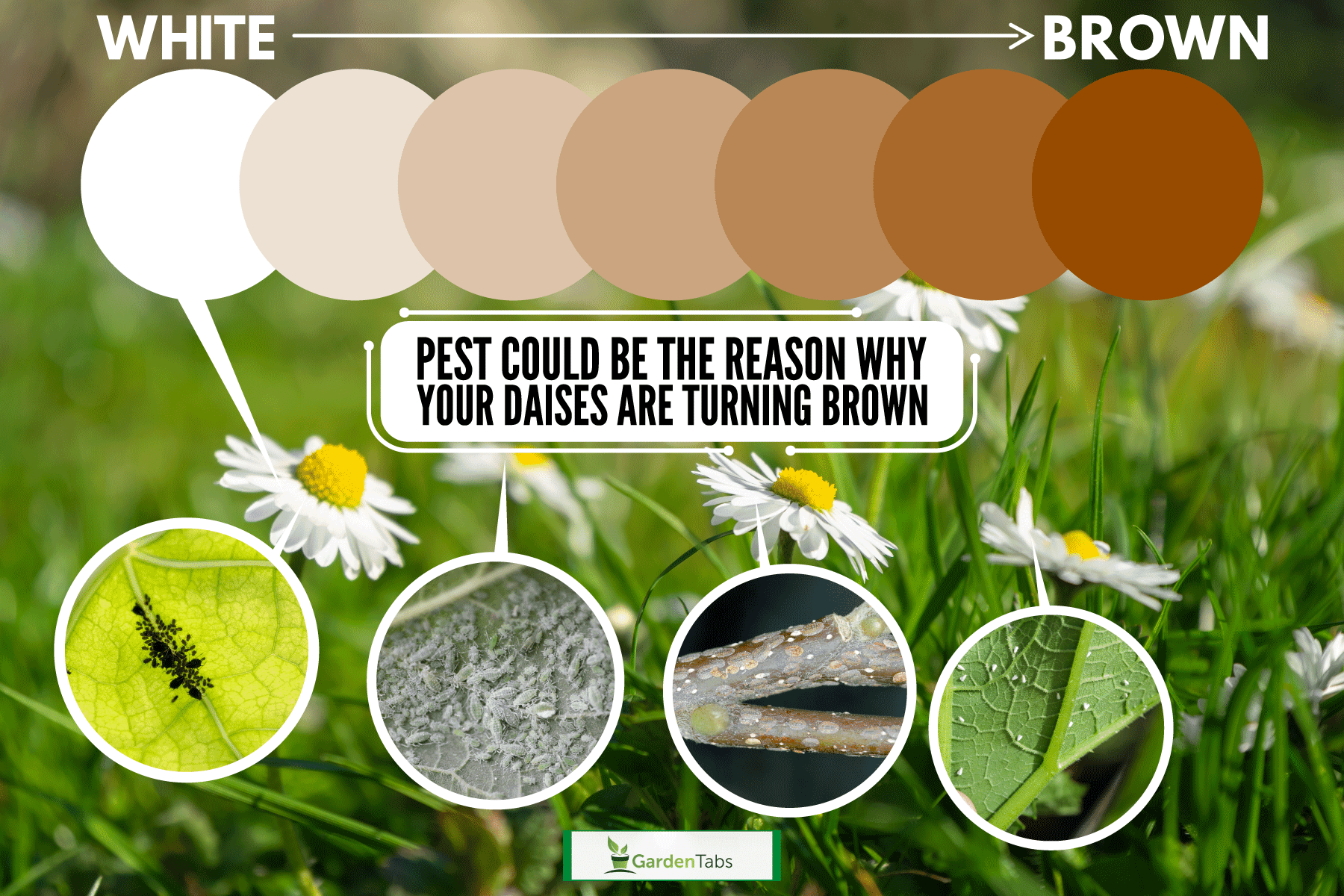
What Causes My Daisies Turn Brown?
If the flowers turn brown, it is a sign that your daisies are dying. The possible cause could be inadequate watering, pests, disease, wrong soil, lack of sunlight, over-fertilizing, and fluctuating temperature. Try to avoid overwatering your plant and use well-drained soil. Observe your daisies if there are other tell-tale signs that they are dying.
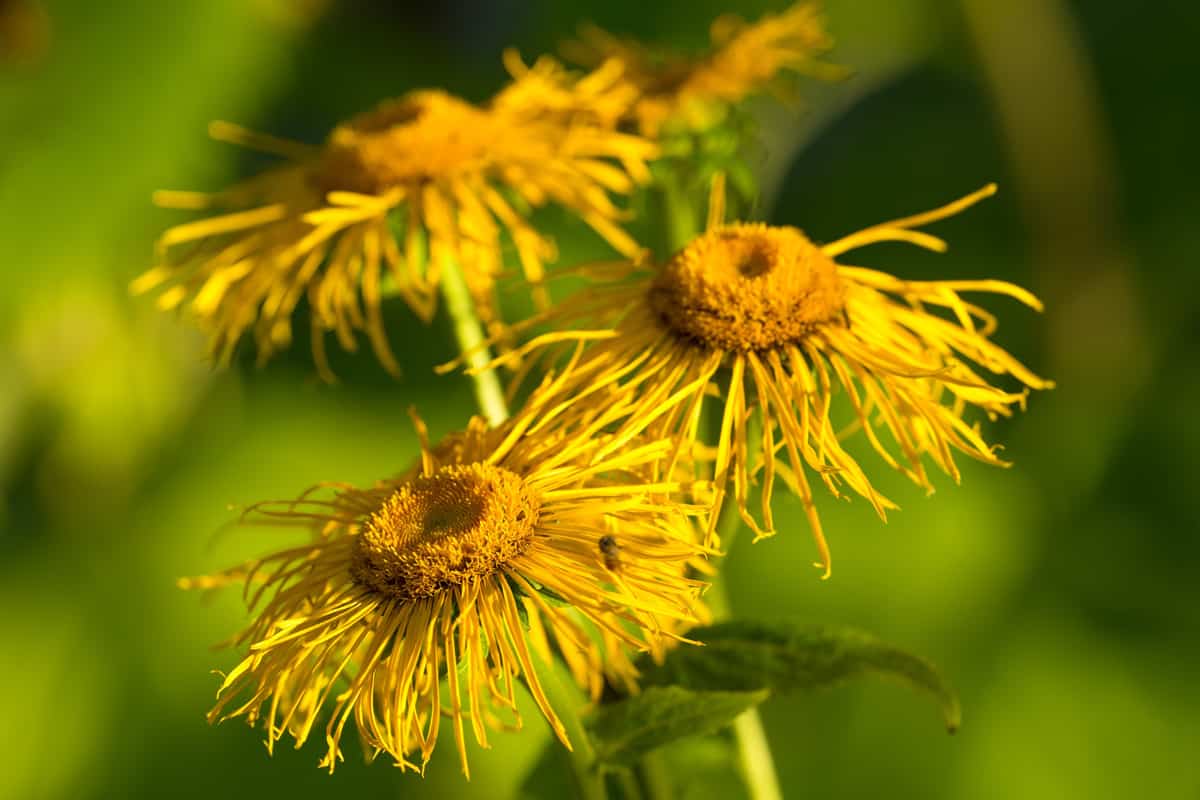
What Are The Signs That Your Daisies Are Dying?
Listed below are the tell-tale signs of dying daisies:
- Leaves are turning yellow.
- Leaves are turning brown.
- There is a sign of foliage withering.
- The leaves have visible white spots.
- The leaves are bending or dangling.
- Undersized growth of plants.
- The leaves are drying up.
What Could Cause Daisies To Die?
There are several possible reasons why daisies wither. Listed below are the causes of why they die. Figuring out the reason may be helpful for you to save your daisies.
Pests
There is a handful of pests that could attack your daisies. These are some of the common houseplant pests and the solutions to save your plants.
Aphids
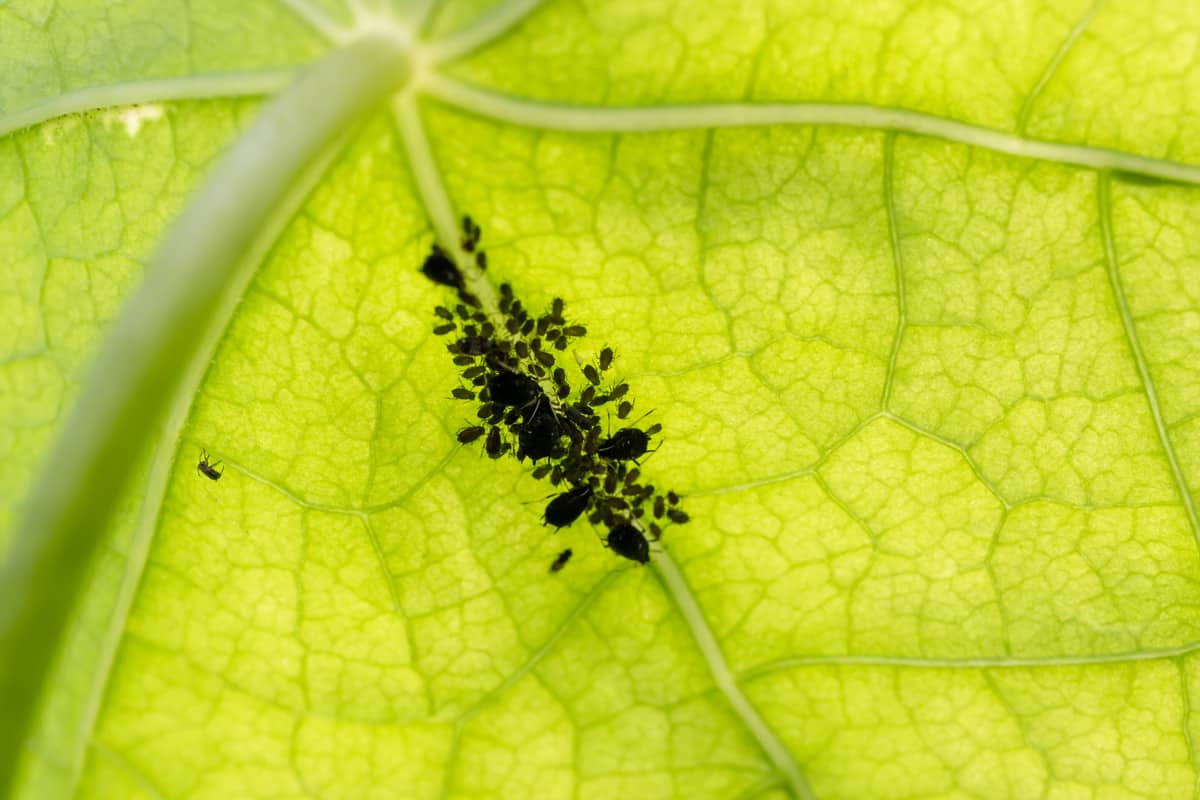
These are one of the most usual pests for outdoor and indoor plants. Aphids hide at the bottom of leaves, sucking your plant's sap or feeding from the roots. To remove the pests, spray the leaves with soap and water.
Scales
These pests appear like a scale on plants' stems or under the leaves. To remove the scales, rub them using canola oil. You can also remove scales by handpicking from the plants.
Fungus Gnats
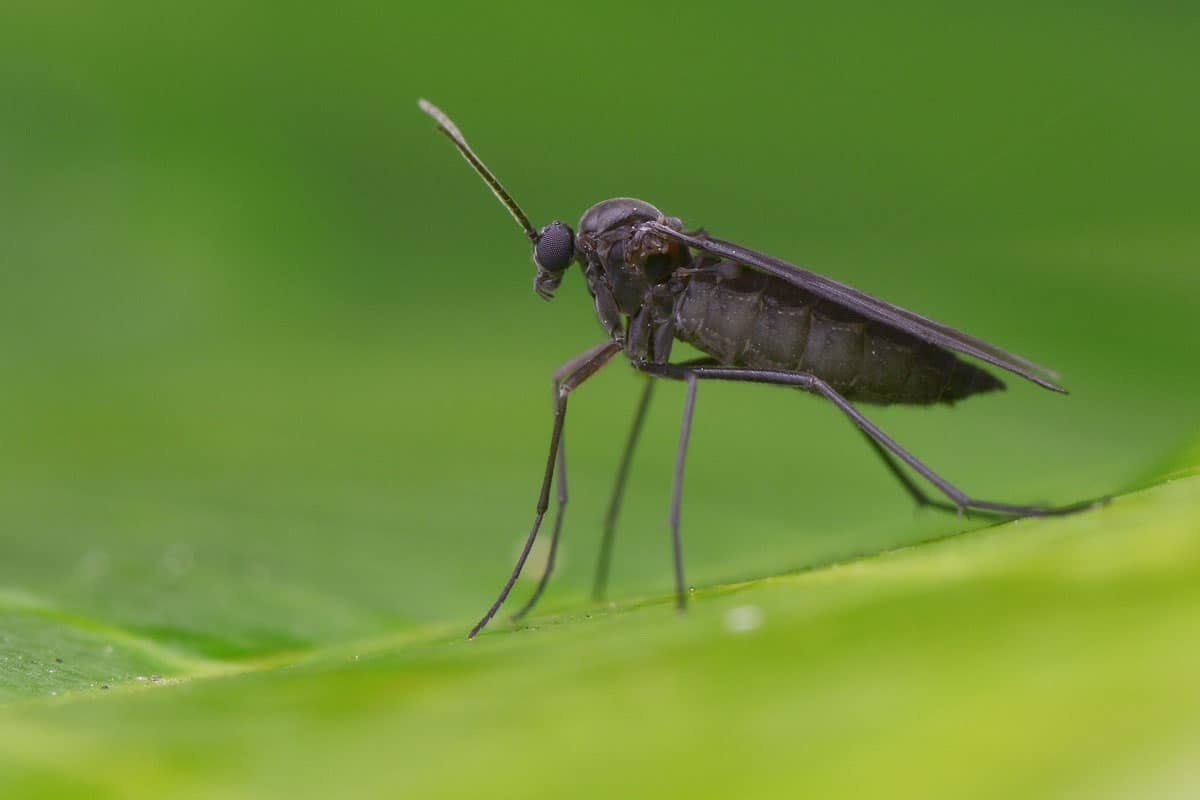
Fungus gnats are common in the soil. These pests feed from the roots and soil decay. Keep the soil dry while there is a fungus gnat infestation in your plants. Also, avoid adding too much organic matter because this serves as food for the larvae.
White Flies
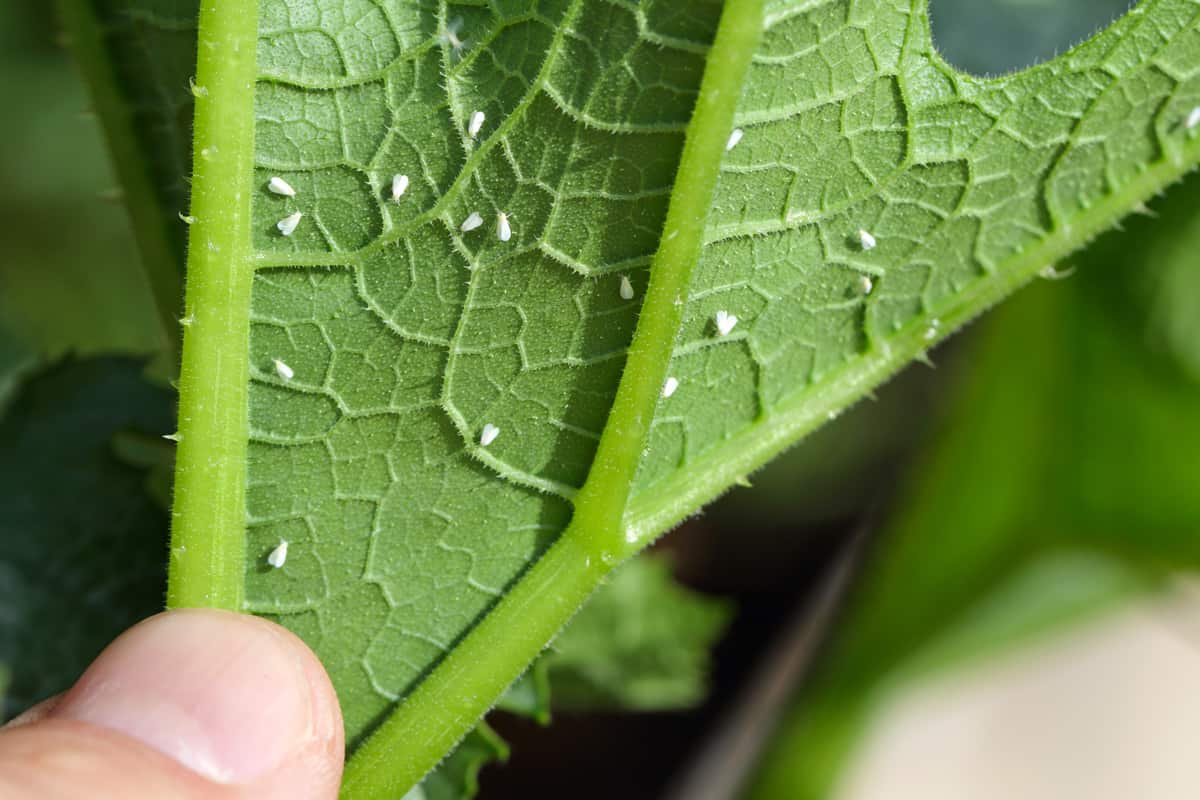
Adult white flies have wings, while immature ones don't. Whichever attacks your plant can hinder the growth of your daisies and could kill them. Spray insecticidal soap on your plants or place bug control spikes to keep these pests away.
Mealy Bugs
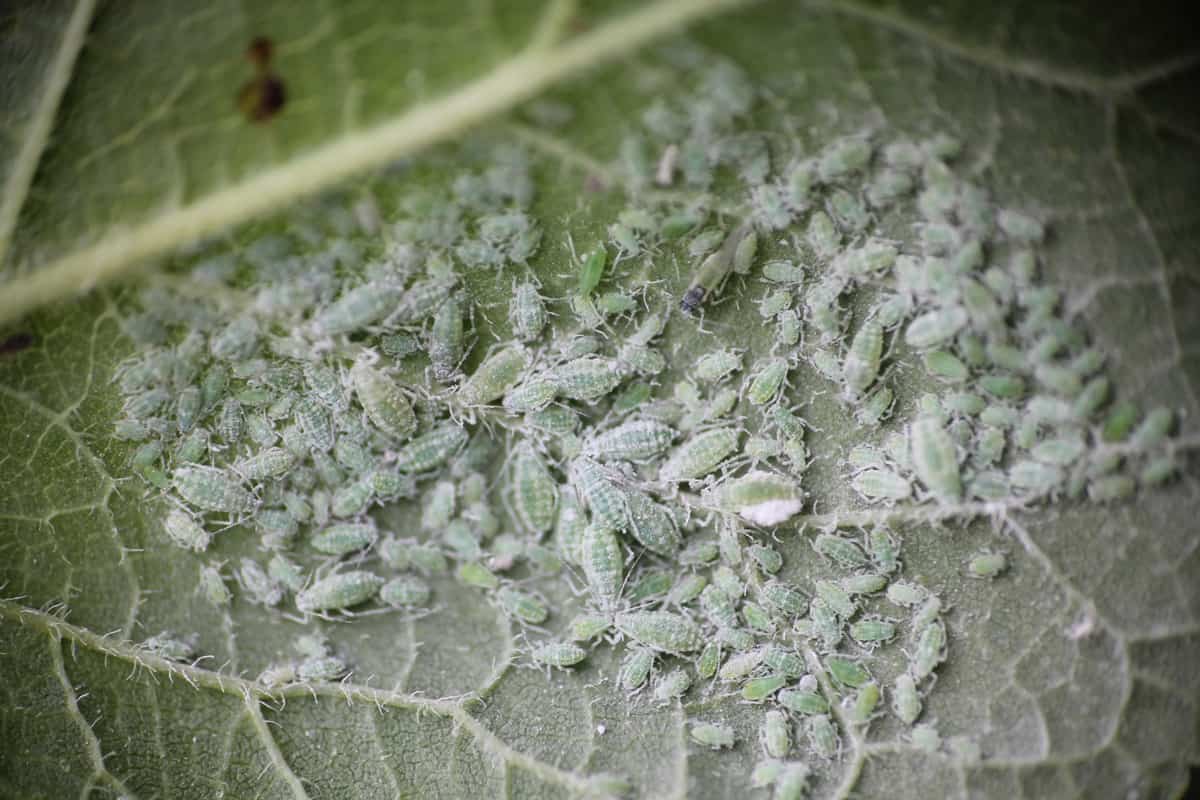
Mealy bugs are white and almost transparent. They move slowly and are small, about half an inch in length. They feast on lower leaves and roots. These pests also produce honeydew which attracts fungus. To remove mealy bugs, use cotton damped with alcohol and gently rub the leaves of the plant.
Diseases
One of the causes the daisies get diseases is excessive exposure to moisture. The soil probably does not drain well. Also, too much watering them will attract fungus. Some types of fungi on plants are acremonium wilt, root rot, cottony rot, and leaf spot fungus. If the fungus infestation gets ignored for too long, it may not be possible to save the daisies.
Watering
Too much, too little, and inconsistent watering would kill the daisies. Adequate watering during summer and less water every other week from spring to autumn will keep them alive.
Sunlight
Daisies need sunlight to survive. Keeping them in a shady area will not get enough nutrients from the sun. Most daisies need about six hours of direct sunlight daily, though it still depends on what type of daisies you have.
Soil
Daisies need well-drained soil. If the soil is too dense and lacks nutrients, your daisy will surely die. Clay soil is not a good choice for daisies as it does not drain well. Sandy soil is a better choice for daisies, though different soil requirements are required depending on the daisies. You may talk to your garden supplier about the best soil to use.
When Should You Water Daisies?
Daisies are best watered in the morning to let the water seep down to their roots and avoid evaporation in the afternoon. Water them 1 to 2 inches weekly during warm seasons and 1 to 2 inches every other week in colder seasons.
How To Care For Wilting Daisies?
These are the tips on how to care for wilting daisies:
- Check the soil moisture. Dig a tiny hole near the wilting plant. Get some soil and check if it is dry. You can also test the soil nutrients using a test kit.
- Water regularly with care. Water it about 1 inch daily in the morning.
- Use organic compost to feed your daisies.
- Weed your daisies regularly.
- Provide enough space between your plants to breathe and to avoid depleting of water.
What Kind Of Soil To Use For Daisies?
Any light potting and well-draining soil will work for your daisies. You can also mix organic matter such as compost, manure, peat moss, and sand. They like moderately acidic soil with a 6.0 to 8.0 pH value. Avoid clay soil because it hardly drains water and it gets stuck. Excess water becomes a muddy mess on the surface.
Best Fertilizers And Food For Daisies
Adding fertilizers and organic matter to the soil helps the plants grow faster and become healthier. Listed below are some of the best fertilizers for daisies and other flowers.
Miracle-Gro Water Soluble Flower Food
Plants also get hungry, so we need to feed them the right food with enough nutrients. This product is a food specially made for plants with high phosphorus for bloom yield and bright color. It works instantly after application. Feed your daisies every 1 to 2 weeks during growing seasons.
Click here to check Flower Food on Amazon.
Scotts Super Bloom Water Soluble Plant Food
This water-soluble fertilizer has high phosphorus that helps plants bloom. This plant food will not burn your plants if used correctly. Water soluble is best to feed not only flowers but also fruiting plants, potted plants, and flower beds. Use every 1 to 2 weeks for best results.
Click here to check Water Soluble Fertilizer on Amazon.
Nelson Plant Food
Nelson Plant Food has 19% Nitrogen, 13% Phosphate, 6% Potassium, and 25% Bone and Blood Meal. These nutrients have a different role in the plants' growth and health. This plant food works best for outdoor plants such as perennials, bulbs, shrubs, and annuals.
Click here to check Plant Food on Amazon.
Osmocote Smart-Release Plant Food
This plant food is fortified with 11 essential nutrients which work with all plant varieties. It controls nutritional disease and works in different growth conditions. Plants will not burn if used per instructions.
Click here to check Smart-Release on Amazon.
Jobe's Fertilizer Spikes
Jobe's fertilizer Spikes nourishes the roots. It is easy to insert around the plant. This fertilizer has no hazards and bad smells. The spikes work best if applied in late fall or early spring.
Click here to see these Fertilizer Spikes on Amazon.
FoxFarm Liquid Nutrient: Big Bloom, Grow Big, and Tiger Bloom
This trio soil formula helps flowers to grow big, strong, and bloom. The Big Bloom treats the root system and increases the cycle of nutrients, the Grow Big works for the abundance of green growth, while the Tiger Bloom helps in blooming the flower buds.
Click here to check Liquid Nutrient on Amazon.
Summary
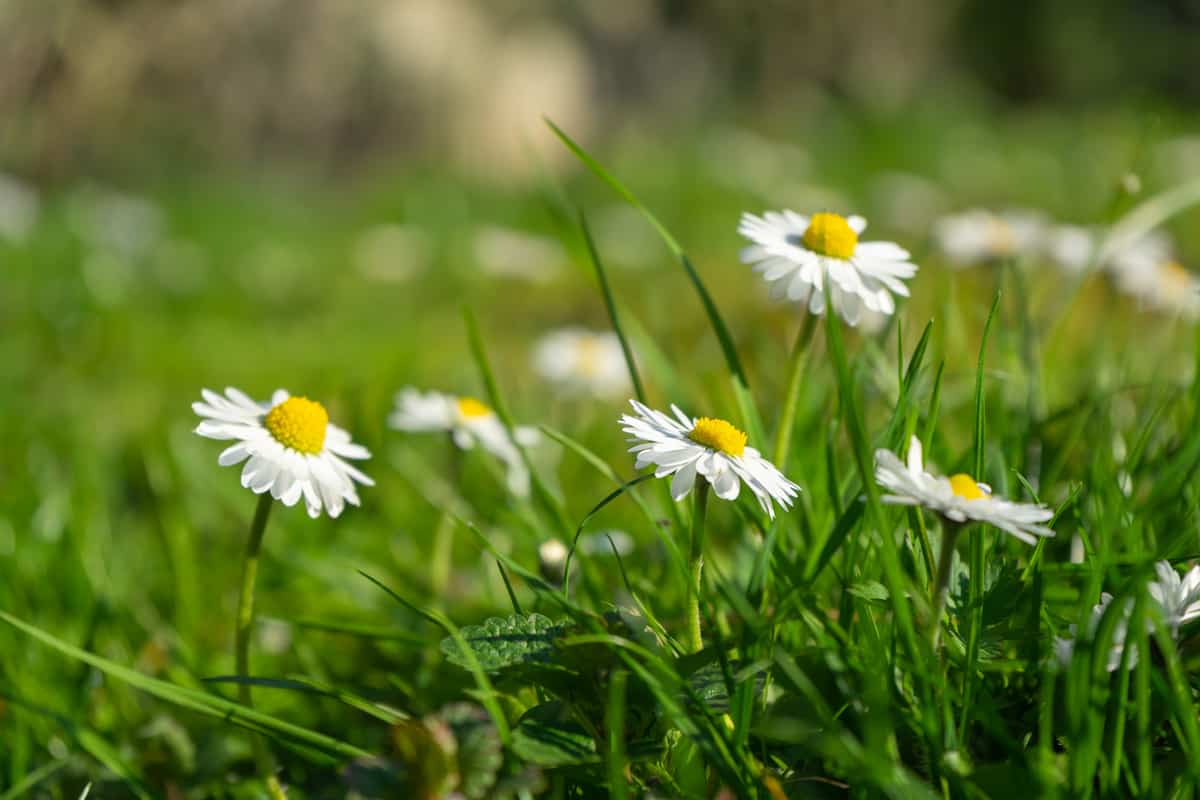
We have discussed the causes of why daisies are dying, but those will only happen if they do not receive proper attention and disregard the tell-tale signs of withering. Providing essential nutrients to your plant, adequate watering, enough sunlight, and using the correct soil for your daisy plants will keep them healthy and blooming.
If you want to know more about daisies and gardening, you may visit these post:





